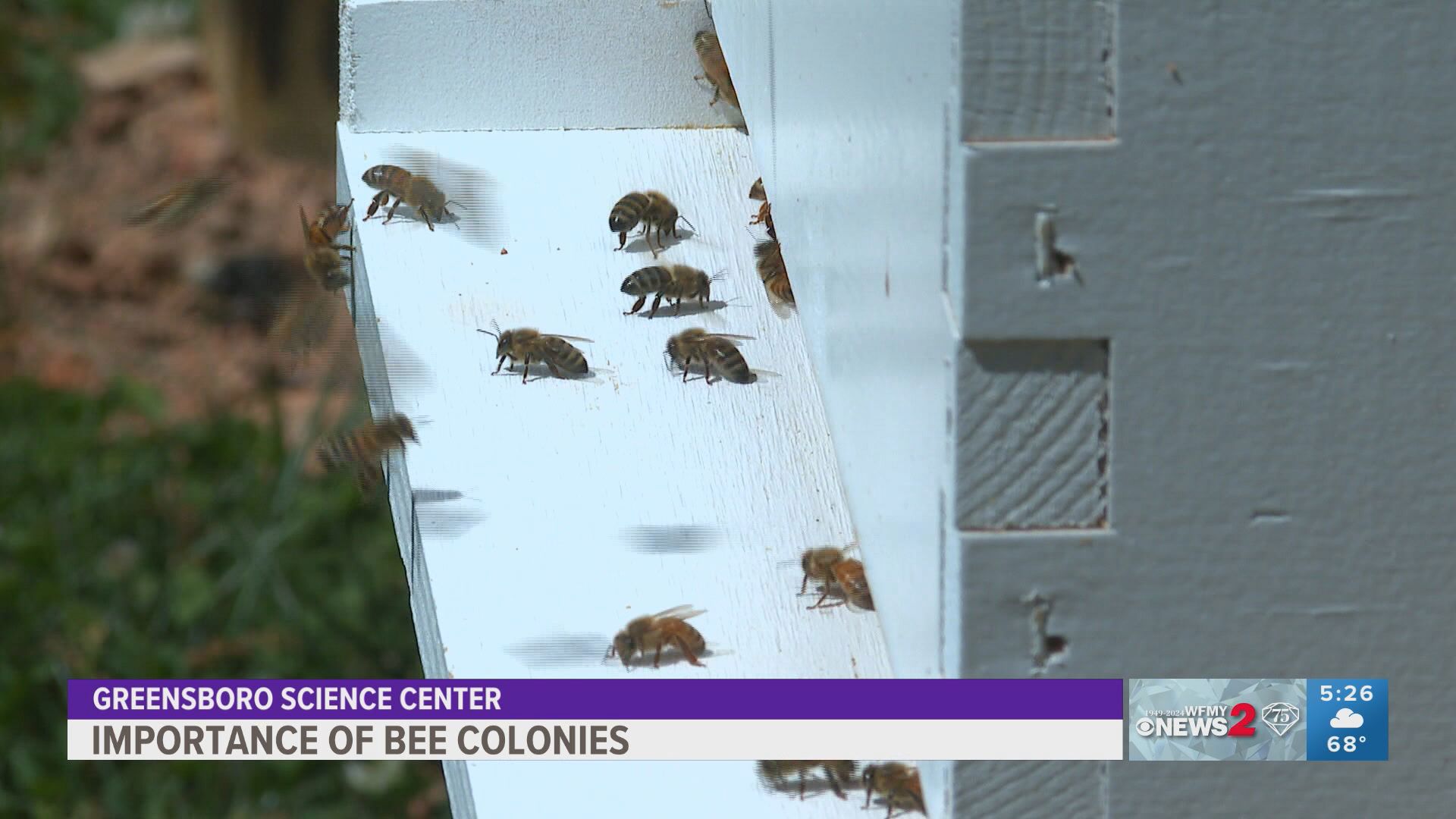GREENSBORO, N.C. — University of North Carolina at Greensboro professor Dr. Regis Kopper was granted $1.8 million from the National Institutes of Standards and Technology (NIST) to create an augmented reality (AR) for first responders.
Augmented reality is a technology that overlaps a computer-created image over a person's actual world view creating a blended image. While virtual reality is completely computer-generated, augmented uses a real world setting.
“AR displays information and images over a person’s real-world vision – think Google Glass meets Pokemon Go – and is the next technological frontier for improving public safety,” Kopper said.
This new technology will give first responders an upper hand on the job.
“It will give EMS personnel, firefighters, and law enforcement officers access to critical data when they need it the most, while they are in action in the field,” Kopper said.
Kopper's team includes Dr. Jeronimo Grandi and Raleigh's virtual and augmented reality company NextGen Interactions. Together with the Hillsborough Police Department and the North Carolina Department of Information Technology' FirstTech program, they have created AR interfaces that were tested by the Durham Fire Department and the Wake County EMS in virtual reality environments which simulated AR technology.
This test utilized interfaces that firefighters used for directions in a burning building, that aided EMS in gathering information in medical cases, and assisted police officers with details on drivers during traffic stops.
Kopper and his team will now use these previous public safety interfaces to create more for the current AR devices.
“Some of the devices we’ll test are not yet available commercially,” Kopper said.
“We’ll be working with AR tech that uses spatial data, instead of heads-up units that simply display 2D information. This spatial AR tech is not yet ruggedized enough for widespread use, but prototypes are available for testing,” Kopper said.
With the $1.8 million grant Kopper and his team will spend the next three years on the project named FirstModulAR, working with public safety consultants and personnel to develop a database of common tasks in the field that can be enhanced by AR tech.
“We want to create plug-and-play modules that work across a variety of situations first responders encounter, to increase situational awareness, reduce uncertainty, and improve decision making,” Kopper said.



